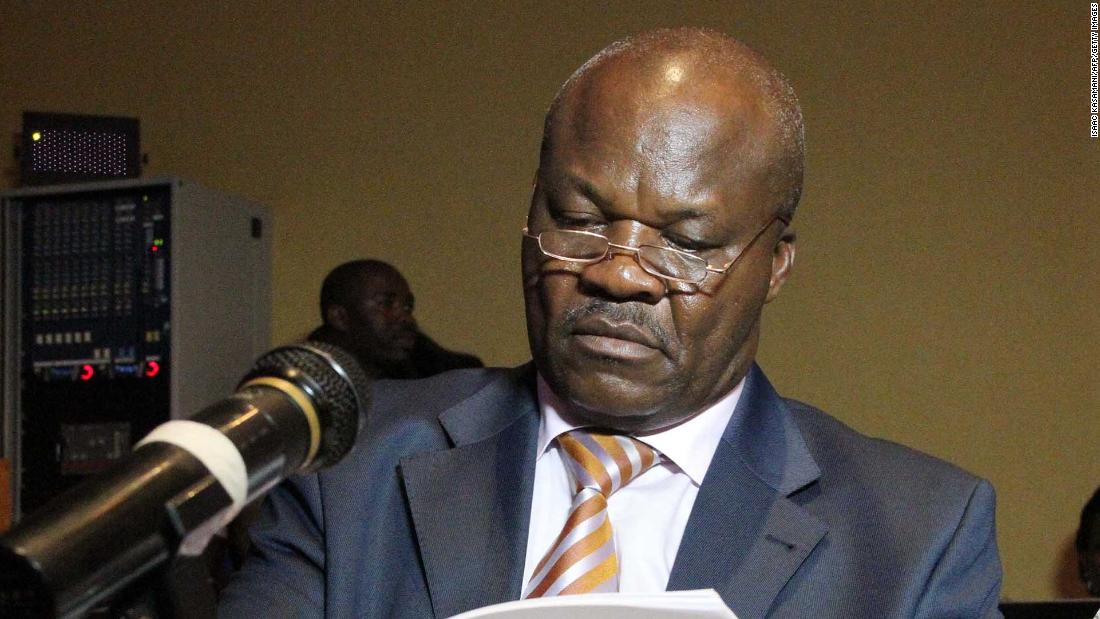
An armed group he leads is accused of crimes, including rape, summary executions, mutilation and cannibalism during a deadly civil war in the Democratic Republic of Congo.
French prosecutors also accuse Lumbala of “participating in a group formed to prepare for war crimes.”
The UN investigation “confirmed a pattern of robbery, killing and rape as a tactic of war” in 2002 for RCD-N forces in the Beni area of the northeastern Ituri region.
“The summary executions targeted the Nande ethnic group and the pygmies, who were forced to flee into the forest for the first time to escape persecution,” the UN report said.
“Victims have reported several cases of mutilation followed by acts of cannibalism,” the report added.
Between October 12 and 29, 2002, RCD-N soldiers allegedly killed 173 civilians and committed “acts of cannibalism,” the report said. An unknown number of civilians were mutilated while soldiers raped a “large number” of women and children.
The report links other incidents of mutilation, rape and cannibalism to Operation Clean Up.
The French court has jurisdiction to prosecute crimes against humanity committed abroad against foreign victims if the perpetrators are present on French territory or are resident in France.
In 1996, dissident groups led by Laurent Kabila – and strongly supported by Rwanda and Uganda – rose up in revolt against endemic corruption. They entered the capital of Kinshasa in May 1997 and Kabila declared himself president.
Internal and external dissatisfaction with Kabila gradually increased until 1998, when a new rebel group was formed – again supported by Rwanda and Uganda – and a second conflict broke out.
In January 2001, Kabila was assassinated by one of his bodyguards, and his son, Joseph Kabila, took over. Under younger Kabila, foreign forces gradually left, and Congolese parties managed to reach an agreement for a transitional national government that included the three major belligerent groups, a number of smaller ex-rebel movements and civil society representatives. and the political opposition.
Lumbala became a minister in this government between 2004 and 2005.
Correction: This story has been updated to include the correct image of Roger Lumbala. ‘